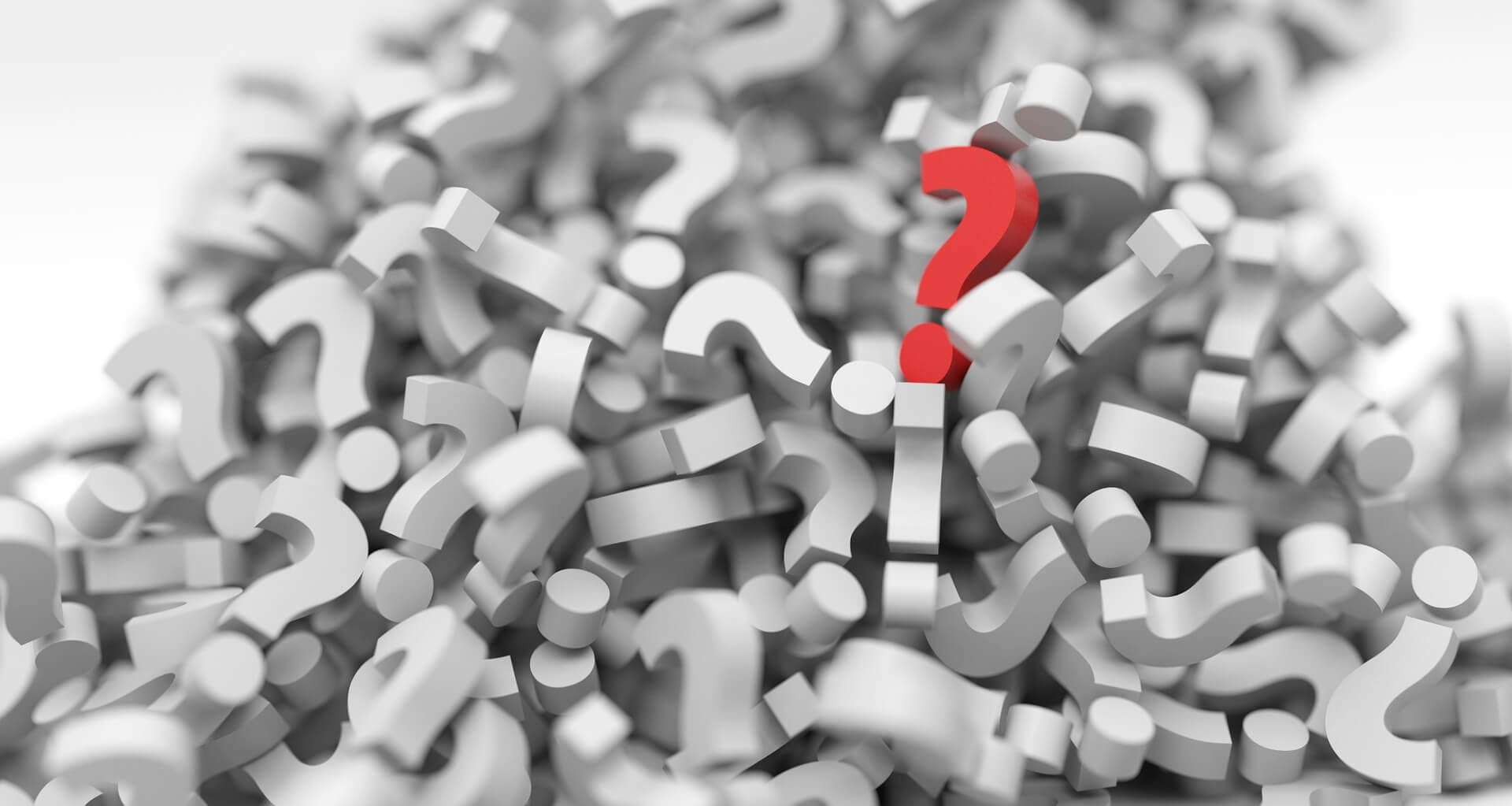Forex, short for foreign exchange, refers to the global marketplace where currencies are traded against one another. It is the world’s largest and most liquid financial market, operating 24 hours a day, five days a week. Trillions of dollars are exchanged daily, making it a key pillar of the international financial system.
Understanding Forex: The Basics
At its core, forex trading involves the buying of one currency while simultaneously selling another. Currencies are quoted in pairs, such as EUR/USD (Euro/US Dollar) or GBP/JPY (British Pound/Japanese Yen).
- Base Currency: The first currency in the pair (e.g., EUR in EUR/USD).
- Quote Currency: The second currency in the pair (e.g., USD in EUR/USD).
- Exchange Rate: The price at which one currency is exchanged for another.
For example, if the EUR/USD exchange rate is 1.10, it means 1 Euro can be exchanged for 1.10 US Dollars.
Why is Forex Important?
The forex market plays a vital role in the global economy. It facilitates international trade, investment, and tourism by allowing currencies to be exchanged efficiently. Here’s why it matters:
- Facilitates Global Trade: Companies need to exchange currencies when importing or exporting goods.
- Enables Investment: Investors trade forex to diversify their portfolios or hedge risks.
- Drives Tourism: Travelers exchange their home currency for local currency when visiting other countries.
- Speculative Trading: Traders buy and sell currencies to profit from price fluctuations.
Who Participates in the Forex Market?
The forex market is open to a wide range of participants, from large financial institutions to individual retail traders. Key players include:
- Central Banks: Influence currency values through monetary policies and interventions.
- Commercial Banks: Facilitate large-scale currency trading for clients and institutions.
- Corporations: Exchange currencies for international business transactions.
- Hedge Funds and Institutional Investors: Trade forex for profit or to hedge risks.
- Retail Traders: Individuals trading currencies via brokers to profit from market fluctuations.
How Does Forex Trading Work?
Forex trading occurs over-the-counter (OTC), meaning trades are conducted electronically through networks of banks, brokers, and traders. The market is decentralized and operates across major financial centers like London, New York, Tokyo, and Sydney.
Steps in Forex Trading:
- Choose a Currency Pair: Decide which pair to trade, such as EUR/USD or GBP/USD.
- Analyze the Market: Use technical or fundamental analysis to predict price movements.
- Place a Trade: Buy (go long) if you expect the base currency to rise, or sell (go short) if you expect it to fall.
- Manage Risk: Use tools like stop-loss orders to limit potential losses.
- Close the Trade: Exit the trade when your target profit is reached or if the market moves against you.
Final Thoughts
Forex, or the foreign exchange market, is the backbone of global trade and finance. Whether you’re a beginner or a seasoned trader, understanding the basics of forex is essential for navigating this exciting and dynamic marketplace. By learning how forex trading works, familiarizing yourself with market participants, and mastering key concepts like leverage and risk management, you can take your first step toward becoming a successful trader.
Ready to start trading? Open a demo account today, explore the forex market, and begin your journey to mastering currency trading.
